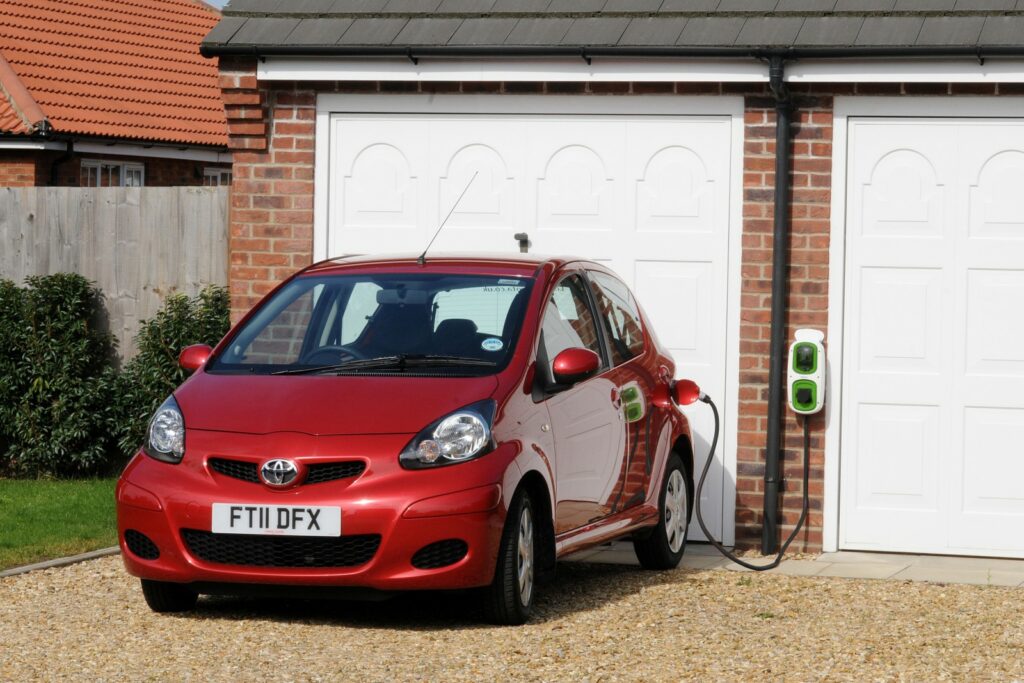Sales of battery electric vehicles (BEV) in the UK have soared by 61%, according to new figures released by the Society of Motor Manufacturers and Traders (SMMT).
Last month 2,461 BEVs were registered, going up from the 1,522 registered in the June of 2018.
Overall sale of vehicles dropped by 4.9%, with the worst hit being plug-in hybrid electric vehicles (PHEV), which fell by 50.4%. This places BEVs and PHEVs almost level, with BEVs now making up 1.1% of the market, up on the 0.6% of 2018, and PHEVs making up 1.0%, falling from 1.9%.
This comes at a time when EV charging in the UK is undergoing rapid expansion, with the number of charging sites overtaking petrol stations in May. Ultra-rapid 150kW chargers are also finding their way onto the market, with Shell claiming the first UK install of a 150kW charger and BP Chargemaster revealing plans to install 150kW chargers across its Polar network.
Fiona Howarth, CEO of Octopus Electric Vehicles, said there has “never been a better time” for consumers to switch to EVs due to the increasing numbers of EV models hitting the UK, the increasing number of charging sites and continued financial support for consumers from government.
“The UK government’s continued commitment to pure EVs with the £3,500 grant and £500 off a home charge point install, plus benefits like zero road tax, up to 90% saving on fuel vs. petrol and diesel cars, and significant savings on servicing & maintenance makes EV a financially savvy decision.”
Ian Johnston, CEO of Engenie, said the burgeoning demand represents a “huge opportunity” for more rapid chargers to be installed to continue to meet demand as the EV market becomes “increasingly mainstream”.
However, concerns over the negative impact of range anxiety are still apparent. A report from the Aldersgate Group earlier this year called for more support from the government to build up charging infrastructure. And a report from the International Energy Agency urged the UK to scale-up its investment into decarbonisation of transport, recommending the government establish a national charging network.
Similarly, the National Infrastructure Commission launched a new campaign, Charge Up Britain, last month seeking to increase awareness of the need for a government-backed UK-wide rapid charging network.
Phil Graham, chief executive of the National Infrastructure Commission said the figures are a positive sign but to support further increases a national charging network should be rolled out, starting with remote areas.
“This rise in battery powered car sales is encouraging, but UK drivers still need support to make the switch. If we’re to get close to 100% electric new car sales by 2030, we have to make charging as easy as filling up a conventional vehicle,” Graham added.






